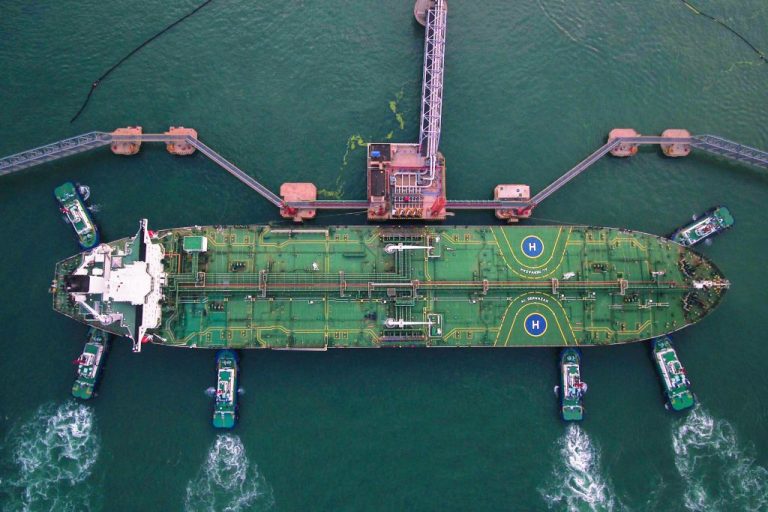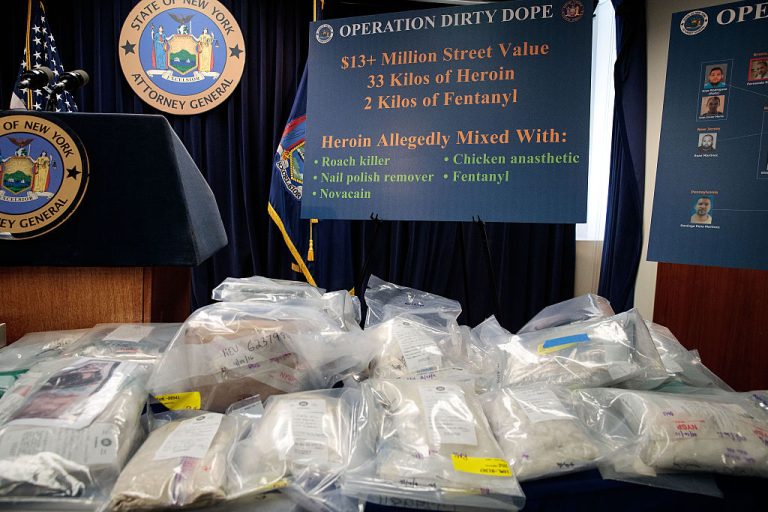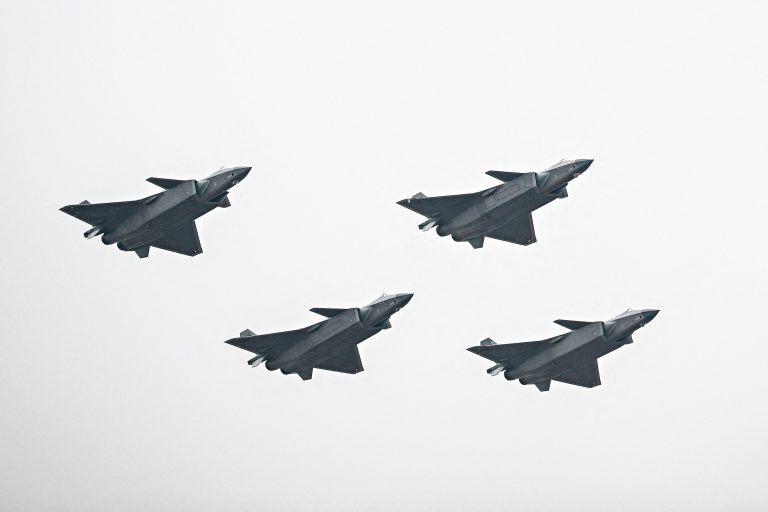Oil prices have soared by over 50 percent in the U.S following the COVID-19 pandemic. Now the Chinese government has agreed to release strategic oil reserves following a virtual meeting between U.S President Joe Biden and Chinese leader Xi Jinping on Nov. 15.
Beijing’s decision is a bright spot for the Biden administration, as Washington has been lobbying the largest oil-consuming nations in Asia including China, India, Japan and South Korea to release stockpile reserves.
The rising cost of crude oil has contributed to a global inflation surge as the world recovers from the height of the pandemic last year. The Biden administration hopes the agreement with China will counteract record gasoline prices in the U.S, with current gas prices reaching almost $4 per gallon in some regions.
“The bureau is carrying out crude oil release work at the moment,” a spokeswoman at the National Food and Strategic Reserves Administration confirmed with Bloomberg.
It remains unclear whether Chinese authorities have decided to release the reserves in response to Biden’s invitation, or if they already had prior plans to do so.
“We will release more details on the volume of oil and date of its sale on our website in due time, just like we did in the first public auction”, the reserve bureau’s spokeswoman added.
Bloomberg reported that the Organization of the Petroleum Exporting Countries (OPEC) previously dismissed requests from the U.S government to pump more crude oil, resulting in Biden ordering the Federal Trade Commission to open an investigation into potential market manipulation, turning up the heat on OPEC’s oil production rates.
A source familiar with OPEC told Reuters, “We’re talking about the symbolism of the largest consumers of the world sending a message to OPEC that ‘you’ve got to change your behavior.’”
Meanwhile, the Chinese government tapped into national stockpiles this year in an effort to bring domestic crude oil prices down. China remains the world’s largest oil importer.
In September, Reuters reported that China’s reserve bureau had held its first public auction to a select group of domestic refiners, aiming to stabilise the country’s ongoing energy crisis. The auction offered 7.4 million barrels, or the equivalent of less than a day’s worth of China’s imports. The country also made a private sale from its reserves prior to the auction, involving around 7.38 million tons of crude oil, mostly from the Middle East.
“China has its own plan for the strategic petroleum reserve (SPR) releases. (We expect) the second release volume should be similar to the first one,” said Sengyick Tee, a Beijing-based analyst for consulting company SIA Energy.
The Chinese government keeps its oil reserve levels secret. The last public update was in 2019 when the country’s National Energy Administration disclosed that it had sufficient oil inventories — including state reserves, stockpiles in foreign oil firms, and commercial tanks — to last 80 days.
Success
You are now signed up for our newsletter
Success
Check your email to complete sign up















